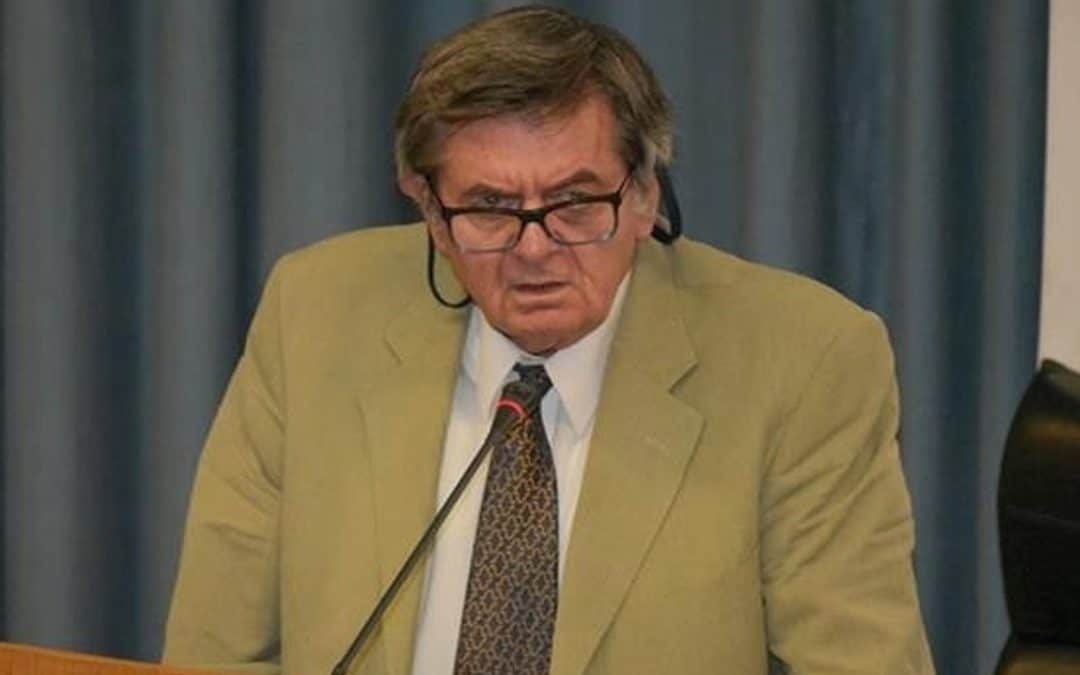

Prominent Greek archaeologist George S. Korres, known for his excavations in the area of ancient Pylos in Messenia in southwestern Greece, died on Monday, aged 85.
Korres was born in 1940 and his family originated from Naxos island. He was the son of Stylianos Korres, professor of ancient Greek philology and rector of the University of Athens. He studied archaeology at the same university and at the University of Bonn on scholarships.
After completing his studies, he started working at the University of Athens in 1966, becoming a full professor of prehistoric archaeology in 1982, a position he held until 2007. He was a corresponding member of the German Archaeological Institute and the Academy of Gothenburg and a full member of the Leibniz Academy in Berlin.
He had been honored with medals by the Ankershagen and Neubukow Museums, the Berlin Academy of Sciences, and the Winckelmann-Gesellschaft Museum. He had also been decorated by the government of West Germany in 1992, and by several other entities, for the excavation and promotion of the antiquities of Messenia and Trifyllia, all in SW Peloponnese. His work includes original research and several articles published in Greek and international journals, while he published several books and contributed to collected works and international conferences.
‘It is with deep sadness that I learned of the loss of George S. Korres, an outstanding prehistoric archaeologist, both in academic teaching and in excavation research and the promotion of cultural heritage,” said Culture Minister Lina Mendoni.
“Korres was approachable and loved by his colleagues, always available to his students for advice, guidance, and support. To those of us who were lucky enough to get to know him and collaborate with him, his loss leaves us with sadness but gratitude as well for his multifaceted contribution,” she added.
Korres carried out a lot of excavations, mainly in Messenia in southern Greece, and was head of excavations at Pylos. Pylos’ importance in Greek history comes from its strategic location and its connection to Mycenaean civilization, as well as its role in later classical periods.
It flourished around 1450–1200 BC during the peak of the Mycenaean civilization. The city was a major center for trade and political power in the Aegean.
After the fall of the Mycenaean civilization, the area was less prominent until the classical period when, as part of the region of Messenia, it was often involved in conflicts with neighboring Sparta. The Battle of Pylos in 425 BC was a significant event during the Peloponnesian War, where the Athenian navy, under the command of Demosthenes, defeated the Spartans and captured a large number of prisoners.
Today, the ruins of the Palace of Nestor and other archaeological sites in the area provide valuable insights into Mycenaean society, their art, and their daily life. These sites continue to attract archaeologists and tourists, offering a glimpse into the past glory of Ancient Pylos.
